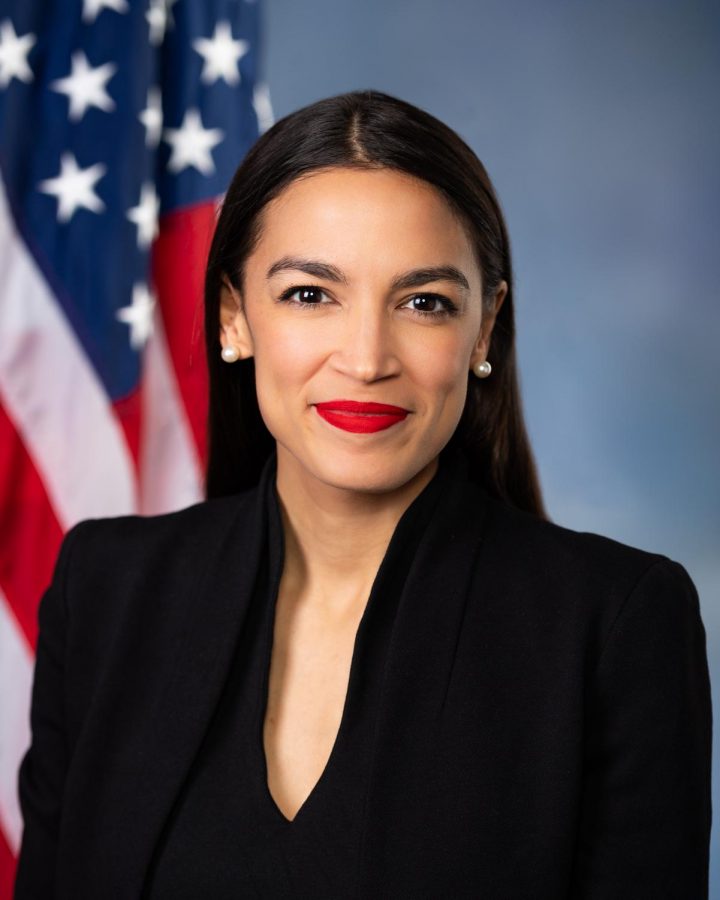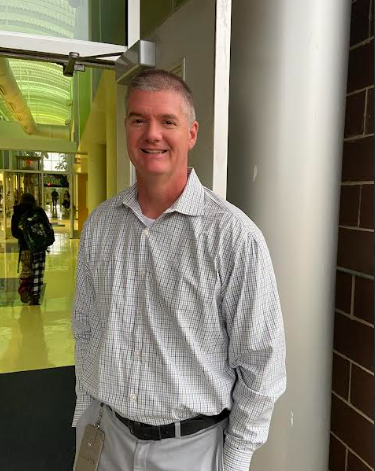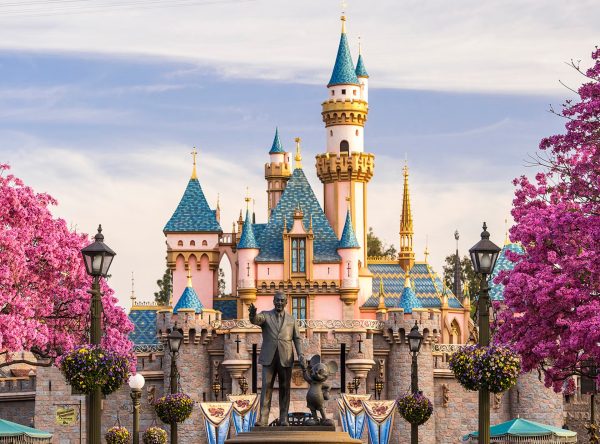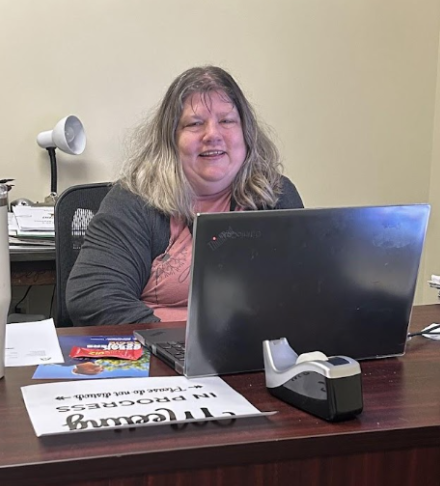Green New Deal
Alexandria Ocasio-Cortez, Freshman Congresswoman from New York’s 14th congressional district, has become the newest figurehead of the Green New Deal, an environmental and economic reform program modelled after Franklin D. Roosevelt’s New Deal. The original new deal was instituted in the mid-1930s to help put an end to the Great Depression, but this new progressive plan has potentially loftier goals.
While the Green New Deal (GND) isn’t an official bill yet, it currently consists of several pillars a bill might one day be built around. It’s primary purpose is to halt or reverse the negative effects of climate change that could pose a threat to everyone. According to the Intergovernmental Panel on Climate Change, in less than a decade it could be too late to reverse these effects. While it isn’t likely to cause any life-threatening damage in that time, the next generation could be helpless to stop climate change from rising sea levels and agricultural concerns. This is probably why young people are so increasingly enthusiastic about the GND. Ocasio-Cortez is just 29, making her the youngest person to ever serve in Congress. Her strong social media presence, which among politicians is rivalled only by the President himself, has boosted the deal’s popularity by informing her followers of its importance.
Should it ever become law, the GND will likely include support for clean energy jobs and projects via tax incentives, as well as programs to replace or remove fossil fuels from the United States’ energy industry. Coal, oil, and natural gas could be things of the past if the deal gains traction. This isn’t as impossible a feat as it may seem, since geothermal, hydroelectric, and solar power technology is already readily available. In North Carolina, there is a mandate requiring ten percent of all electricity sold by power companies to come from renewable sources. Established in 2007, this mandate gave companies until last year to fulfil the requirement. Union Power Cooperative, the utility company that provides power to much of our area, lists the following on their website: “Part of our renewable resources portfolio is our participation in solar and wind energy projects with other electric cooperatives across the state.” Our power grid already contains this form of energy, which is much more easily obtained than coal. Coal is the main source of power for NC’s Duke Energy, which has come under fire in recent years for irresponsibly disposing of coal ash. Not only are wind and solar energy much less of a hassle to obtain, they also leave no byproduct or pollution whatsoever. Why wouldn’t we want to take advantage of this power that already exists all around us?
A commonly used argument against the GND is that it would involve the government controlling and regulating which sources of energy we use. Although the United States’ economy is primarily a free market, there has always been a certain degree of artificial influence by the government in order to create a fair, responsible system. Both major political parties practice this, the Republicans with protective tariffs on foreign goods and the Democrats with environmental and economic regulation. Ever since the the 1910’s, utilities have been government owned (albeit at more local levels). While this only gives consumers one choice for their water, power, and gas, government control can assure that these utilities are clean, safe, responsibly sourced, and responsibly priced. We have the opportunity to tap into unlimited energy and cut down on dirty, expensive fossil fuels all well combating one of the greatest threats to national security: climate change. Why wouldn’t we at least consider the Green New Deal?
Of course there are always outstanding circumstances. For instance, will the GND attempt to move the United States away from gas-powered cars? Electric cars like Teslas are becoming increasingly mainstream, but it will be a while before Americans are willing to say goodbye to the internal combustion engine.
In order to keep the planet safe for future generations, we’ll need to make a few sacrifices. The Green New Deal presents a terrific opportunity to create a safer world, and we can’t squander it just because we’re afraid to move forward.









